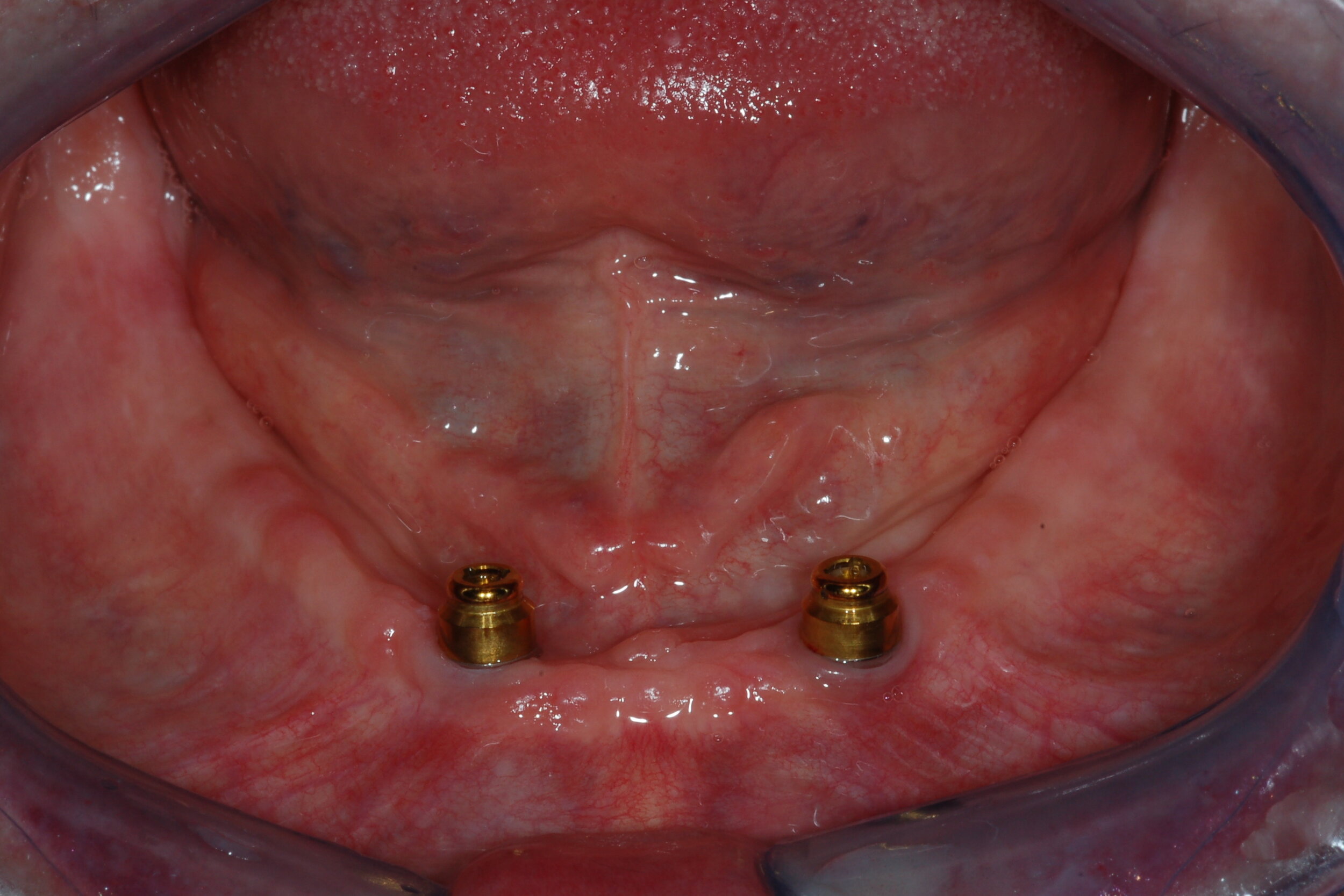
With specialisation comes expertise
Dentures
What is a denture?
Dentures are composed of artificial teeth bonded to a plastic or metal and plastic base. They can be used to replace any number of missing teeth from a single missing tooth to all missing teeth. They are commonly referred to as ‘false teeth’.
What is a partial denture?
A partial denture is a denture made to fill the space left by a few missing teeth. They can be made from metal or acrylic. The main advantage of a metal denture is that it is stronger and as a result it does not have to cover as much of your mouth. This allows you to taste more when you eat or drink and it is also healthier for the remaining teeth as more of them are kept away from the denture. To hold a partial denture in position clasps are used to secure the denture to the adjacent teeth.
What is a full denture?
A full denture is made when all of the natural teeth are missing.
What are the disadvantages of dentures?
If you have not previously worn dentures, your new dentures may feel uncomfortable at first. Your mouth needs time to adjust to them and learning to eat and speak with them takes practice and time. If soreness develops under the denture it may need some initial adjustment.
Dentures are not permanently fixed in position and some people find them difficult to tolerate because they may become loose during eating or speaking. As a result, many denture wearers may be embarrassed and lack confidence.
Dentures can feel bulky and have a tendency to trap food and debris beneath the denture and next to any remaining teeth. This can make your remaining teeth more susceptible to gum disease and dental decay.
A cobalt chrome partial denture to replace 7 upper teeth
Implant Retained Dentures
How can denture problems be overcome?
Dental implants can be used to help secure your denture firmly in position. The benefits of using dental implants to secure a denture in place are numerous, improving patient confidence, speech, comfort and chewing ability. However, it is worth noting that the denture still rests and gains support from the oral soft tissues.
A lower complete denture retained in place using 2 dental implants
Implant Supported Bridgework
What if I am missing all of my teeth and I don’t want to wear dentures?
For patients who are missing all their teeth and do not want to wear a removable prosthesis but would rather a fixed bridge to replace their missing teeth, additional implants are required.
In the upper jaw a fixed bridge allows the roof of your mouth to be left uncovered so that you can enjoy the texture and taste of your food. In the lower jaw a fixed bridge is generally less bulky and more stable in comparison to a removable prosthesis. A minimum of four implants are required for a fixed bridgework replacing all of the missing teeth in one jaw.







